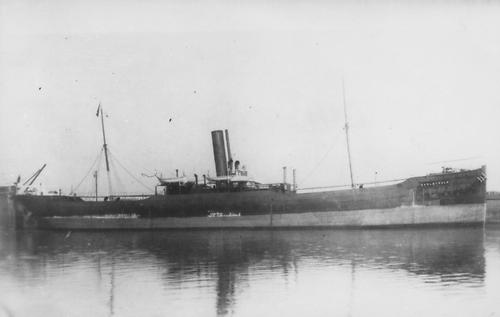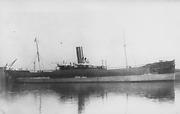 Hartlepool Sports & Leisure
Hartlepool Sports & Leisure
- Cinemas, Theatres & Dance Halls
- Musicians & Bands
- At the Seaside
- Parks & Gardens
- Caravans & Camping
- Sport
 Hartlepool Transport
Hartlepool Transport
- Airfields & Aircraft
- Railways
- Buses & Commercial Vehicles
- Cars & Motorbikes
- The Ferry
- Horse drawn vehicles
 A Potted History Of Hartlepool
A Potted History Of Hartlepool
- Unidentified images
- Sources of information
- Archaeology & Ancient History
- Local Government
- Printed Notices & Papers
- Aerial Photographs
- Events, Visitors & VIPs
 Hartlepool Trade & Industry
Hartlepool Trade & Industry
- Trade Fairs
- Local businesses
- Iron & Steel
- Shops & Shopping
- Fishing industry
- Farming & Rural Landscape
- Pubs, Clubs & Hotels
 Hartlepool Health & Education
Hartlepool Health & Education
- Schools & Colleges
- Hospitals & Workhouses
- Public Health & Utilities
- Ambulance Service
- Police Services
- Fire Services
 Hartlepool People
Hartlepool People
 Hartlepool Places
Hartlepool Places
 Hartlepool at War
Hartlepool at War
 Hartlepool Ships & Shipping
Hartlepool Ships & Shipping

Darleydale

Names and owners
Year |
Name |
Owner |
|
|---|---|---|---|
| 1899 | Darleydale | Lucas & Co. | |
| 1916 | Lundy Island | W. Williams & Co. |
Fate
On a voyage from Mauritius for Nantes with a cargo of sugar she was captured and sunk by the German raider SMS Seeadler, 190 miles south-west of the Azores, on January 10th, 1917. The steward was taken prisoner. Master David Barton.
Related items :
 Darleydale - a general history
Darleydale - a general history
Dundee Evening Telegraph, Wednesday, February 24th, 1915:
WEST HARTLEPOOL STEAMER IS DETAINED By Refusal of Crew to Proceed to Rotterdam. At Falmouth 18 men belonging to the steamer Darleydale, of West Hartlepool, were fined 56s each for refusing to obey the orders of the captain. The vessel had cargo of maize from Rosario for the Belgian Relief Commission. When the crew found she was bound for Rotterdam 18 out of 24 refused to go on the steamer. They were informed that the Germans had agreed to inspect vessels flying the Belgian relief flag, but the men declared they would not go to Rotterdam under any consideration.
The Mayor pointed out that Great Britain's commerce was in full swing, and asked in view of that fact would the crew now go. They still refused. It was stated that 18 substitutes from Cardiff would fill the vacancies on the Darleydale.
 Hartlepool Ship Losses - First World War
Hartlepool Ship Losses - First World War
This section will, in time, contain the stories of more than 450 merchant ships built or owned in the Hartlepools, and which were lost during the First World War. As an illustration of the truly global nature of shipbuilding, these ships were owned by companies from 22 different countries, including more than 30 sailing under the German flag at the outbreak of war.





